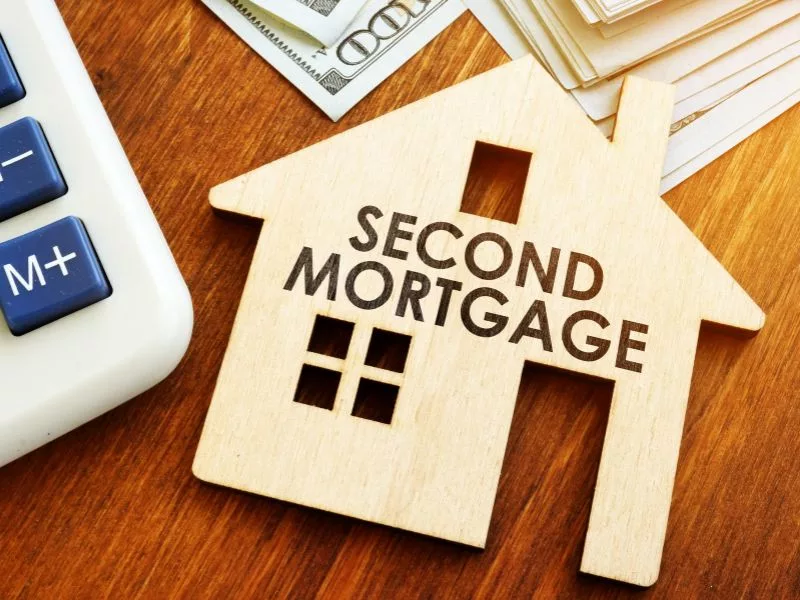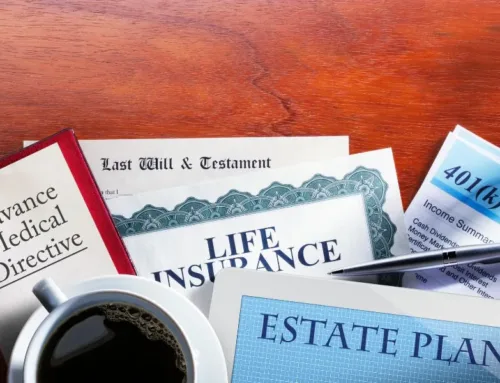Have you ever considered owning a second home? Perhaps a beach house or a mountain retreat? While the idea is exciting, it’s crucial to be aware of the tax implications and expenses associated with it—considerations that many overlook until after making the purchase. Before investing in a second property, it’s important to conduct thorough due diligence.
Most individuals, at some point, contemplate renting out their second home to generate additional income and offset costs. However, this can have tax implications, particularly if you plan to keep the property for an extended period. Renting may significantly impact your taxes when you eventually sell your second home. Unlike selling a primary residence, which allows an exclusion of $250k (for singles) or $500k (for married couples) of the gain, this exclusion may not apply if the property wasn’t your principal residence for at least 2 out of the last 5 years.
Your cost basis for tax purposes will be reduced by the annual depreciation, a non-cash expense claimed in previous years. Upon selling the property, you’ll not only pay income taxes on the gain but also face recaptured depreciation, taxed accordingly. It’s crucial to perform calculations beforehand to understand your net proceeds and ensure there’s enough cash from the transaction.
A 1031 exchange is one way to defer gains, although it’s a complex strategy and may not be the best option for everyone. This option is suitable for those selling a rental property to purchase another, as it allows a like-kind exchange. However, it’s essential to note that a 1031 exchange is a tax deferral strategy, not an elimination of income taxes due upon the property’s ultimate sale.
Another significant consideration when buying a second home is evaluating the total cash flow. This includes routine expenses like utilities, HOA fees, small repairs, insurance, and real estate taxes, as well as larger-ticket items such as water heaters, HVAC systems, roofs, siding, and septic systems. Failure to account for these expenses can lead to significant financial drains.
To mitigate risks, assess these elements during the buying process. If the property is older or the systems are aging, consider alternative properties, adjust the sales price, or, if feasible, invest in a home warranty policy. Large repairs or improvements can easily erase monthly income, offsetting any property appreciation.
This isn’t to dissuade you from buying your dream lake house. Instead, it’s intended to help you assess your financial readiness and gain a realistic understanding of the costs associated with a second home or rental property. Owning a place can offer fantastic getaways and family gatherings if you frequent the same vacation spot. However, if it’s purely an investment, meticulously detail the cash flow. Negative cash flow can impact your current finances and erode future appreciation, potentially hindering other financial goals.




